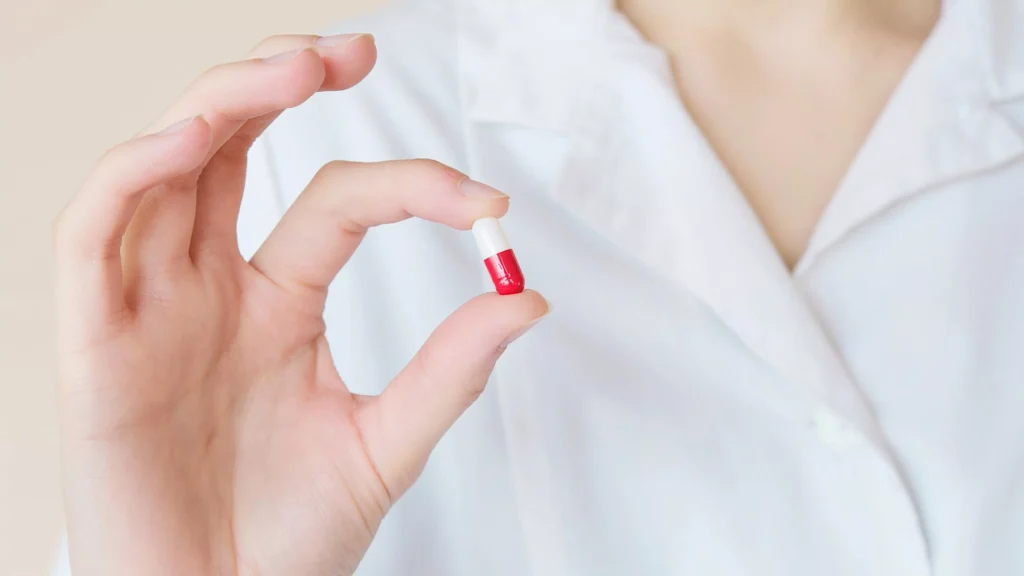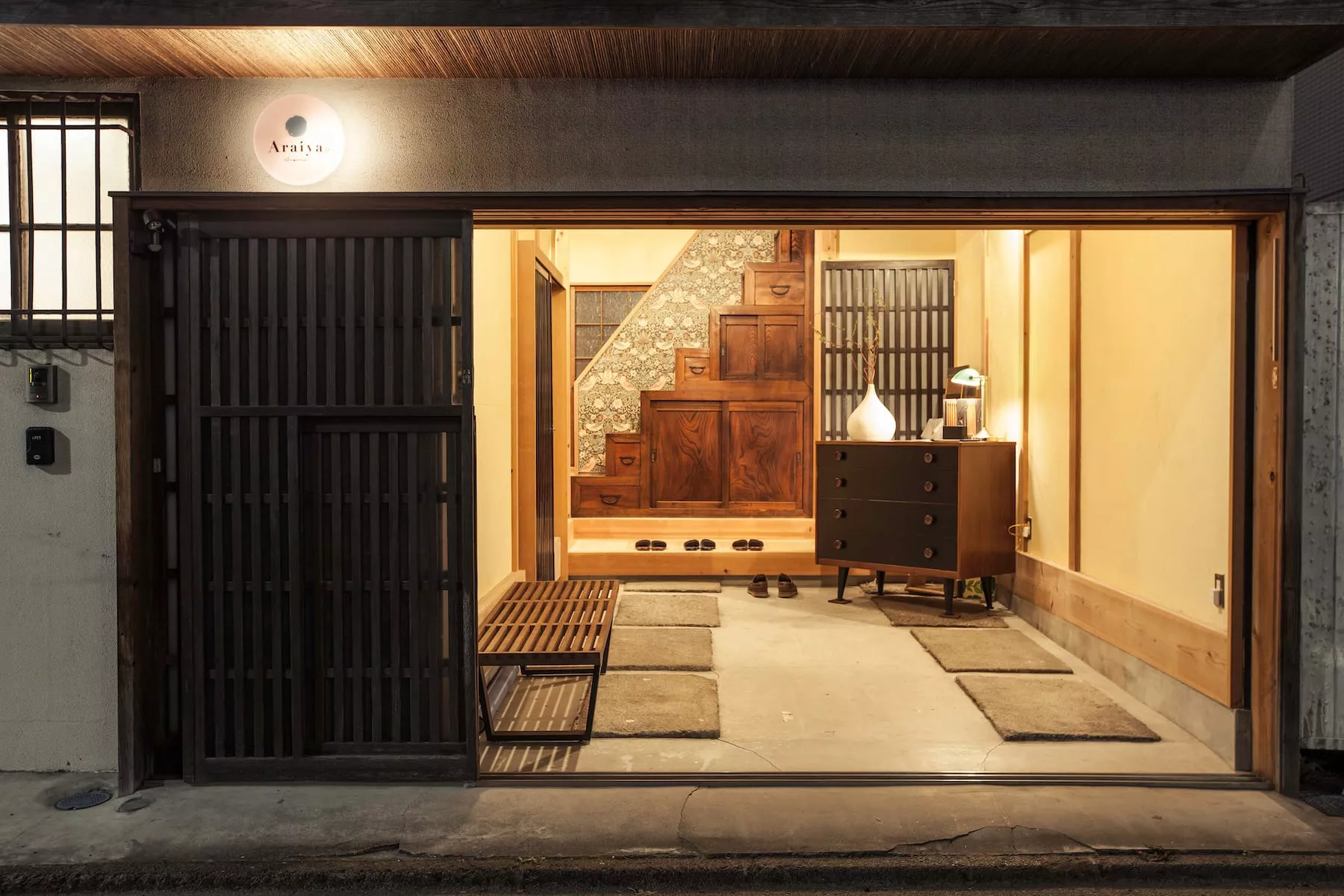Planning a trip to Japan but worried about bringing medicines into Japan? You’re not alone. Japan’s regulations are strict and detailed. Even common over-the-counter remedies in your home country might be prohibited there. This guide walks you through exactly what you can and can’t bring, how much, and when you need advance permission in 2025.
Why Japan’s Medicine Rules Are Strict
Japan regulates drug importation under the Pharmaceutical Affairs Law and Customs Law.
The government wants to prevent misuse, counterfeit drugs, or harmful substances from entering the country.
Especially for narcotics, psychotropics, and stimulants, Japan often requires special permission or outright bans.
Because of frequent updates, it’s essential to check the Ministry of Health, Labour and Welfare (MHLW) and the Narcotics Control Department websites before your trip.
What You Can Bring Without Permission
If your medicines meet certain criteria (type, amount, usage, etc.), you can bring them without needing a certificate (Yunyu Kakunin-sho).
| Type | Max without certificate | Conditions / Notes |
|---|---|---|
| Prescription medicines (non-narcotic) | Up to 1 month supply | Must be for personal use and not on a banned list. |
| Over-the-counter (OTC) medicines & vitamins | Up to 2 months’ supply | Applies to permitted OTC medications (no disallowed ingredients) and vitamins. |
| OTC (external use) / cosmetics | Up to 24 pieces per item | If over that amount, you’ll need an import certificate. |
| Medical devices | 1 set for household devices, 2 months’ supply for contacts | Anything beyond that might require certificate. |
Important: Even if your medication is legal in your home country, if it contains banned stimulants or narcotics, you cannot bring it—even with a prescription. Examples include certain cold & sinus drugs with pseudoephedrine, codeine, or ADHD medications.
When You Must Apply for Permission (Yunyu Kakunin-sho)
If your amount exceeds the “without certificate” limits or your medicine is in a controlled class, you must apply for a Yunyu Kakunin-sho (import confirmation certificate) before departure.
Cases requiring permission:
- Prescription medicines exceeding 1-month supply
- OTC drugs beyond 2-month limit
- More than 24 units for external OTC items
- Multiple medical devices or devices beyond the allowed count
- Medicines with narcotic, psychotropic, or stimulant components, even if prescribed .
How to apply (2025 updated method)
- Visit the “Application for Import Confirmation” portal by MHLW.
- Fill in details: your name, flight info, the medicines (name, strength, purpose), etc.
- Upload supporting documents such as:
- Doctor’s prescription + medical certificate
- Photos of medicine package and inserts
- Flight itinerary
- Manufacturer and country of origin info
- Submit at least 14 days before departure (some sources recommend 3–5 weeks)
- Once approved, you’ll receive a PDF “Yunyu Kakunin-sho” to take with you and present to customs.

For information read here
If your medicine is a narcotic, stimulant, or psychotropic, you must apply specifically via the Narcotics Control Department, sometimes well in advance.
Prohibited or Highly Restricted Medicines
Here are common examples and classes you absolutely must check:
- Stimulants & ADHD meds: Adderall, dextroamphetamine, methylphenidate often fall under banned or tightly regulated substances.
- Certain cold & sinus meds: Products with pseudoephedrine, codeine, or certain expectorants (e.g. Sudafed, Actifed, Vicks with strong stimulants) may be prohibited.
- Opioids, cannabis, narcotics: If you carry narcotic painkillers, cannabis-based medicines, or other restricted narcotics, you must have explicit permissions — or they’re banned outright.
- Psychotropics: Some sedatives, sleeping pills, anti-anxiety meds may require special documentation or outright permission.
Even if your medication is common in your country, Japan may classify it differently—always check the MHLW or NCD lists.
If you’re planning a longer stay in Tokyo and want privacy while managing your health routine, consider booking a stay at Araiya Tokyo Private Townhouse. This traditional yet modern home in Shinagawa offers a peaceful space with kitchen facilities—perfect for travelers who need to store or prepare their own medicines safely during their trip.

Best Practices for Travelling with Medicines
Here are tips to make your journey smoother:
- Carry medicines in original labeled containers. Don’t decant into unmarked bottles.
- Bring a doctor’s note / prescription (in English and Japanese, if possible) that states your medical condition and necessity.
- Present the import certificate (if applicable) to customs for inspection.
- Keep medicines in carry-on luggage, not checked baggage, so you can explain them if asked.
- Apply early—don’t wait until last minute. Some documents may require multiple back-and-forth communications.
- Check for equivalents in Japan — many non-prescription medicines (pain relievers, basic cold meds) are available in Japanese pharmacies.
- Know your transit rules — even if Japan allows your medicine, a layover country might have stricter regulations.
What Happens if You Violate the Rules?
If you bring disallowed medications or exceed permitted limits without proper permission, consequences may include:
- Confiscation of the medicine
- Fines
- Denied entry into Japan
- Legal detention or arrest (in serious cases, especially with narcotics)
In past cases, travelers have been detained for weeks over “innocent” prescription drugs. Always err on the side of compliance—not risk.
Sample Checklist Before You Travel
- List all medicines you need (name, dosage, active ingredients).
- Compare each against Japan’s banned/control lists.
- If non-narcotic and within allowed amounts, you may not need certificate.
- If you need more than allowed, apply for Yunyu Kakunin-sho at least 14 days (ideally 3–5 weeks) in advance.
- Request a doctor’s letter/prescription in English & Japanese.
- Pack medicines in original containers, keep in carry-on.
- Bring all documentation (certificate, prescription, flight itinerary) to present to customs.
FAQ — Bringing Medicines Into Japan
Q1. Can I bring cold medicine like Sudafed or NyQuil?
A: Probably not. Many cold medicines contain pseudoephedrine or codeine, which Japan treats as controlled or prohibited substances. Always check your medication’s active ingredients.
Q2. If my doctor gives me a letter, does that guarantee entry?
A: No. A doctor’s letter helps, but it does not override Japan’s prohibitions. If a drug is banned, no letter can make it legal.
Q3. How early should I apply for permission?
A: Submit your Yunyu Kakunin-sho application at least 14 days before departure. Many sources recommend 3 to 5 weeks to be safe.
Q4. What if I have leftover medicine when leaving Japan?
A: For controlled substances, you may need an export certificate when leaving. Check procedures via Import / Export Narcotics by Carrying guidelines.
Conclusion
Traveling to Japan with prescription or over-the-counter medicines doesn’t have to be stressful — but bringing medicines into Japan requires careful planning and compliance. Know the limits, check the lists, apply where needed, and always travel with proper documentation. When in doubt, consult the MHLW or Narcotics Control Department well before your trip. Safe travels — and may your health stay smooth throughout your journey bringing medicines into Japan.







